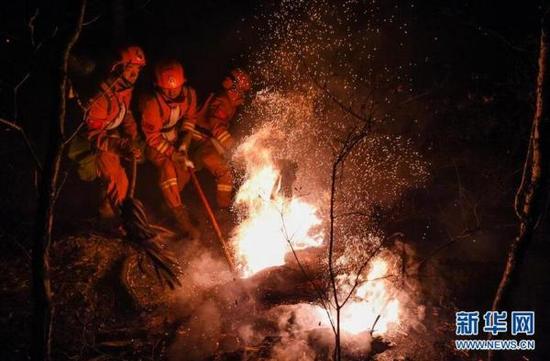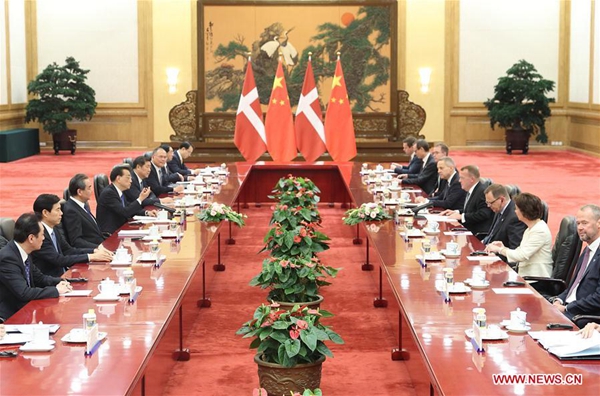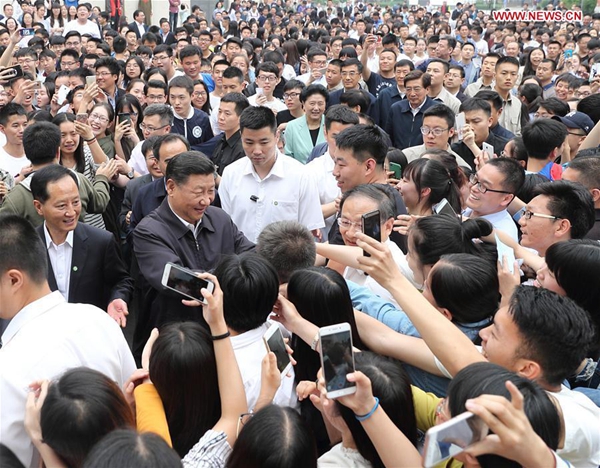DANIELA RITORTO:
Prime Minister, thank you for your time. Here we are a couple of days before the Budget and you’re about to board a plane to New York. Is this face-to-face meeting with Donald Trump that important you have to go now?
PRIME MINISTER:
Look it is very important. The US Alliance is the absolute bedrock of Australia’s security and we have a lot of big issues to discuss.
North Korea – you understand the enormous risks that are being brought to bear by the reckless and dangerous conduct of the North Korean Government. There is a lot at stake.
And of course, in the Middle East we have over 1,700 personnel, Australian Defence Force personnel between the Iraq and Afghanistan – working there, side-by-side with the United States.
DANIELA RITORTO:
Are you a little bit worried though it might be awkward – he did give you that ear bashing on the phone. This is the same President who refused to shake the hand of the German Chancellor, an ally. He’s unpredictable. It could all go pear shaped. Surely you’re a bit nervous?
PRIME MINISTER:
I think the reports of that telephone conversation have been greatly exaggerated. I can say that it was, and indeed have been inaccurate – it was a frank, forthright and it was courteous. I look forward to a very valuable discussion and a first meeting in person with the President.
DANIELA RITORTO:
I made the point though about the President’s unpredictability to make a more serious wider point. How does Australia chart a foreign policy course when you do get mixed messages from the President? Take North Korea – on the one hand we are talking about a military threat from the United States, on the next hand the President is talking about it would be an honour to meet Kim Jong-un.
PRIME MINISTER:
Well I think the message is very clear that all parties, all nations should aim to resolve differences diplomatically.
The important thing is that the dangerous, reckless threatening conduct by North Korea comes to an end. Now that is going to require a concerted effort by the nations with the most leverage over North Korea and of course nobody has more leverage than China. That is why I have said and I know the President has echoed this, that the eyes of the world are on Beijing because Beijing has that very, has the overwhelming economic relationship with North Korea.
DANIELA RITORTO:
Paul Keating had some free advice for you last week. He said Australia needs to stop bowing down to the United States and chart a proper independent foreign policy course.
PRIME MINISTER:
Well I don’t accept the premise of his remark. Australia stands up for Australian values and Australian interests. But we always speak our mind. Australian Prime Ministers should always and I always do and I believe every Australian Prime Minister has done is speak up for Australia’s interest and act in Australia’s national interest. But our interests and those of the United States are very consistent.
DANIELA RITORTO:
Do you have a message for President Trump or are you there very much to listen over the next 48-hours?
PRIME MINISTER:
It will be a discussion and it will be a discussion and a meeting and an engagement and I have had several calls with him already, but we, you know, we have a very strong alliance.
I cannot, and you know, I understand why these relationships get put into the context of personalities but the Alliance between Australia and the United States is not only of more than 60 years longstanding in a formal sense – nearly a century in reality – but it is built on millions of people-to-people links. Family links, business links, shared values, shared cultural values, a shared history.
And so our national interests have been coinciding, working together in freedom’s cause for all that time and Presidents and Prime Ministers have a very important role to play. Of course we do. But this is like a great tide, always, Australia and the United States, shared values and a shared destiny.
DANIELA RITORTO:
Okay, you said the relationship is not influenced by personally but surely President Trump is already having an influence on Australian policy. Suddenly we’ve got crack downs on foreign workers. We are making harder, you’ve announced it is going to be harder for Australians to become citizens. Is that sort of the Trump-era, the Trump-effect taking hold here?
PRIME MINISTER:
Not at all.
You know, you’ve made an assertion that I don’t accept. What I said about Australian values and Australian citizenship reflects views that I have held for many years. In fact, I made exactly those points when I was Chairman of the Republican Movement all those years ago. It is not the colour of your skin or your face or your ethnic background – we do not define our national identity by reference to race, religion, ethnicity. It is a truly political commitment of shared values.
And so what we are doing I think is paying greater respect to citizenship and is it unreasonable to say that people should have a competent understanding and ability to read and write and speak English to become an Australian citizen? How can you succeed? How can you progress effectively in Australia without English?
DANIELA RITORTO:
It takes time. Do you accept that? Some of the most successful people in this country came to this country without English skills.
PRIME MINISTER:
Well, of course. Very successful people did come to Australia without English skills but they acquired them.
This is an empowering decision. It is an empowering policy. It is enabling people to do their best and succeed in Australia as citizens of this remarkable multicultural society. The most successful in the world.
[ENDS]


